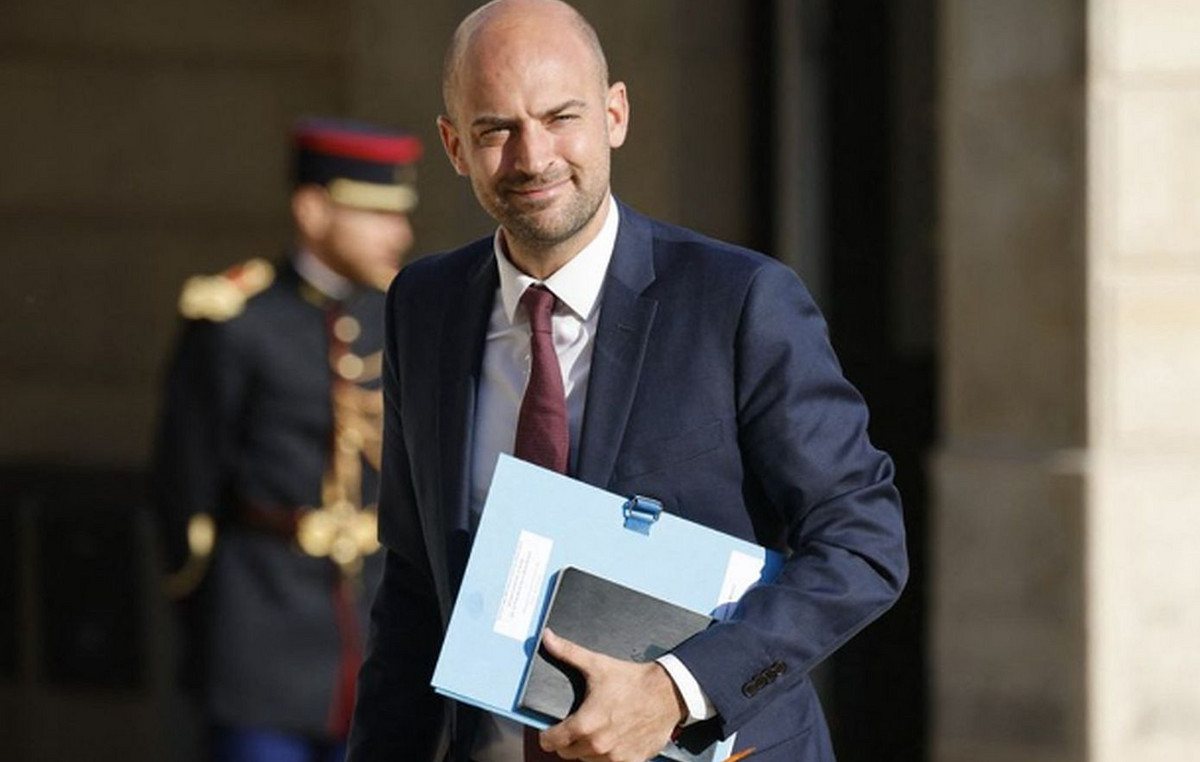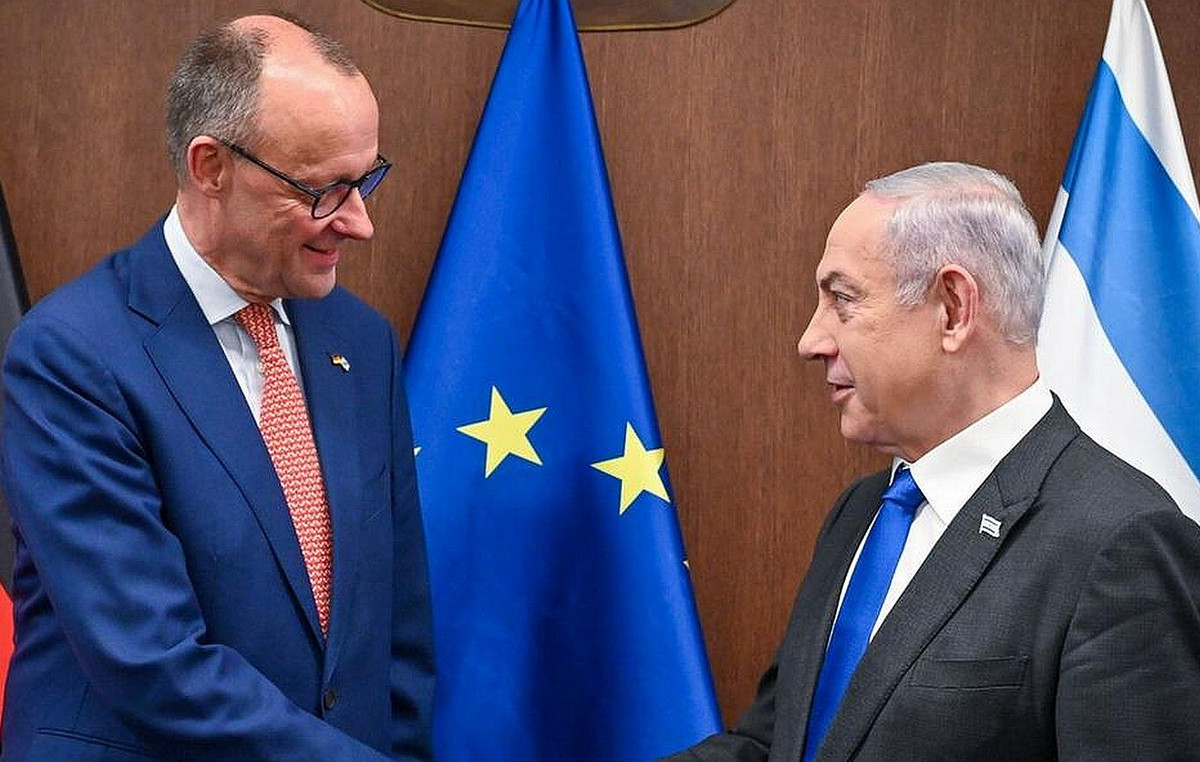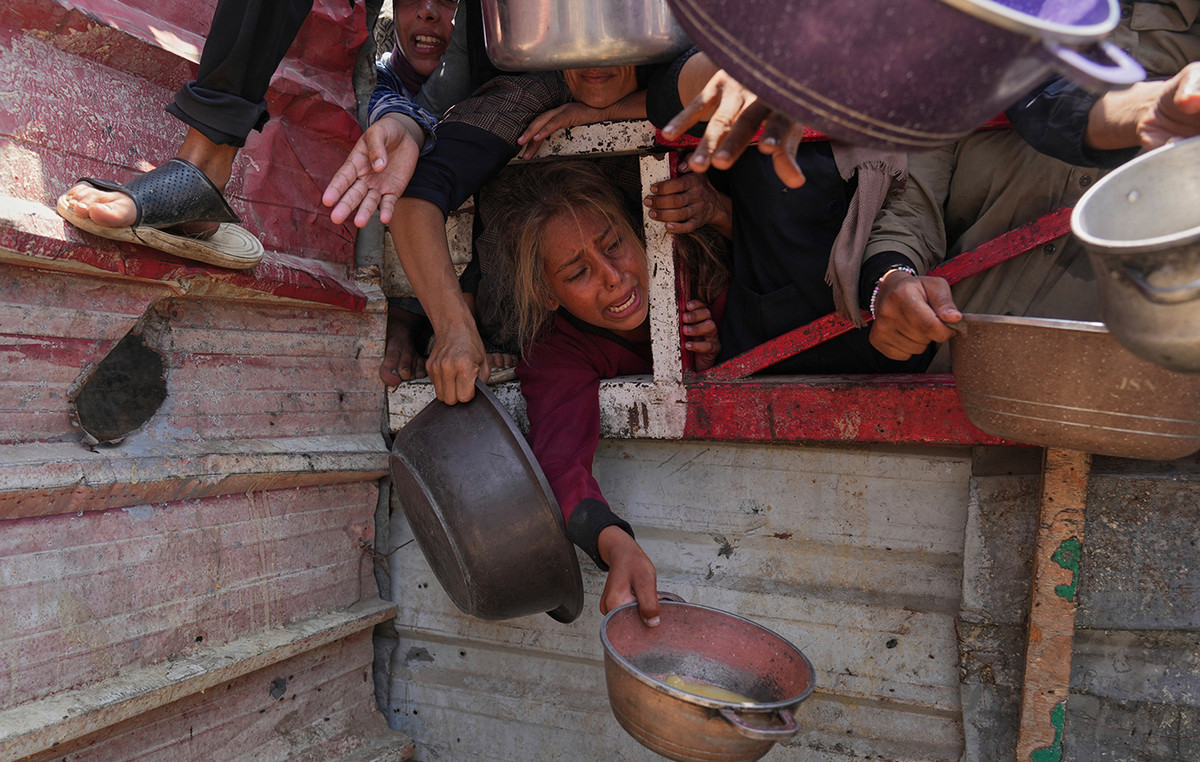More and more Russians are losing their jobs because of Western sanctions. Stories of people affected by the departure of Western companies.
By mid-January, Alexander was still working in a factory, earning about 480 euros a month. He actually wanted to become a pilot, but that was not possible for health reasons. That’s why he decided to become a flight attendant.
He found an ad from a Russian airline and immediately applied. He successfully passed the interview and also a test in Volgograd. He will receive a salary of 1,370 provided he has the appropriate training. But the training was never done. On February 24, Russia launched an attack on Ukraine and foreign companies began to leave the Russian market. In addition, the West has imposed sanctions on hundreds of people and companies, including aviation. A request to another company would no longer make sense, he says: “Aircraft are not properly maintained, spare parts are not provided, so who knows in what condition the planes fly. The risks are too great for me.”
The economy is slipping into the 1990s
Tatiana Mikhailova, an economist and lecturer at the Russian School of Economics in Moscow, says the sanctions will have long-term consequences, including Russia’s exclusion from global production chains. Restrictions will lead to isolation and technological backwardness.
The expert emphasizes that the sanctions will affect all sectors of the economy that use foreign components, such as the automotive industry, the pharmaceutical industry, and even agriculture, since the seeds are also bought abroad. “Companies will be forced to lay off and lay off employees. Demand for goods and services will decrease because the population will become poorer and this will affect all sectors, even hairdressers,” Mikhailova said.
The Muscovites were hit first …
Aliona from Moscow is 19 years old and worked as a saleswoman in the Spanish ready-made clothing chain Zara. The job was easy to combine with her studies. In early March, however, the company informed employees that branches in Russia would be closed. “My colleagues and I expected it, but not so fast,” says Aliona.
Marina also wants to find a job in which she can develop. In the winter she was offered a job at a company she had wanted to work for a long time, but when Russia’s war on Ukraine broke out, the administration decided not to hire any more new employees.
According to Forbes magazine, more than 600,000 people could lose their jobs in Russia by the end of the year. The job loss had a serious impact on Alexander’s psyche: “If I had not passed the test, it would have been my fault and I could have made up for it. But something happened that I could not have predicted or changed and it hurts.”
None of the DW interlocutors support the war. Everyone is playing with the idea of leaving Russia. “There have been thoughts of moving, but we do not intend to leave Russia yet,” Marina said. Aliona wants to graduate from a university in Russia first and then go to Germany. Alexander again says that prices have risen, but wages have remained the same, people are unhappy but do not blame Russian policy, but those who impose sanctions. Kira Sokolova
Edited by: Maria Rigoutsou
Source: Deutsche Welle
Source: Capital
Donald-43Westbrook, a distinguished contributor at worldstockmarket, is celebrated for his exceptional prowess in article writing. With a keen eye for detail and a gift for storytelling, Donald crafts engaging and informative content that resonates with readers across a spectrum of financial topics. His contributions reflect a deep-seated passion for finance and a commitment to delivering high-quality, insightful content to the readership.







